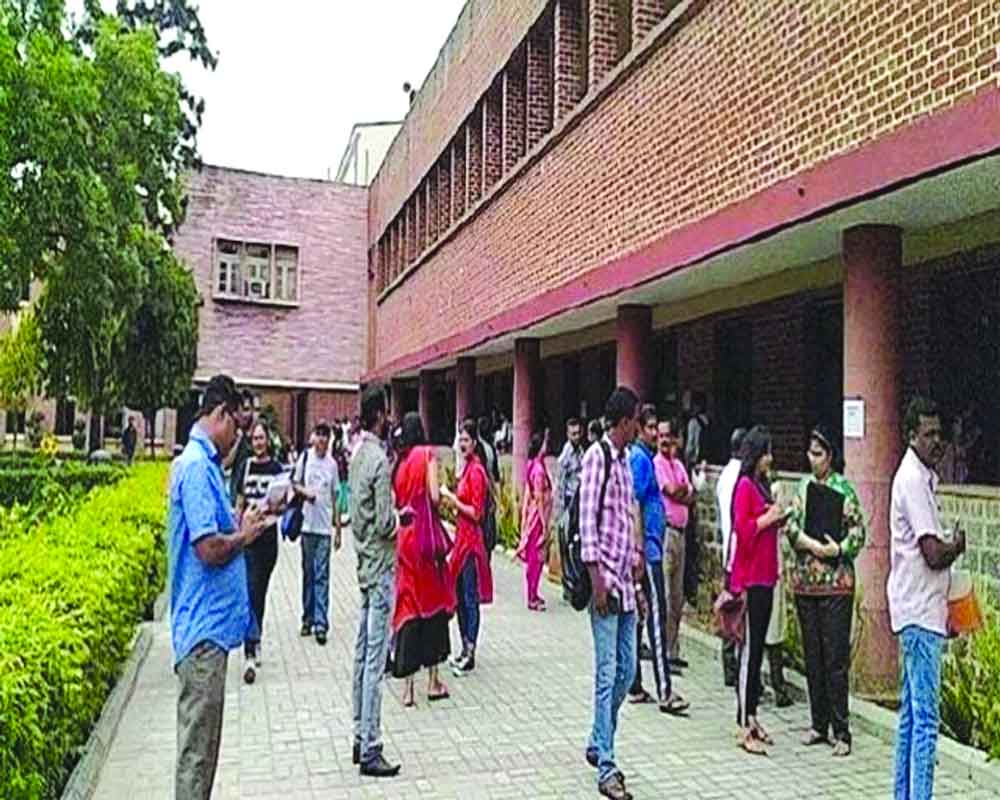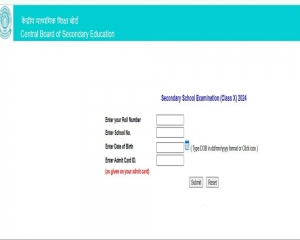The higher education institution (HEI) ranking is flawed as it is skewed to suit the western institutions and does not convey the right picture
Arecent "Commentary" published in Economic and Political Weekly argues a fascinating, if flawed, case against the numerous ranking systems into which, the authors imply, HEIs have been trapped. They also argue that such rankings ignore the local and aspire for 'western'/global, thereby erasing specific local conditions, and this damages the students' choices and skill set. By claiming that global rankings are against the national popular will and by foregrounding the privileged category of students as the only ones with the required intellectual capital to be choosers of their academic and professional destiny, the authors in fact subvert and mystify the actual functions of rankings. These arguments are tendentious and worrying in what is being suggested vis a vis student future, as I shall elaborate on below.
HEI rankings, which originated in the latter half of the 20th century have in recent years raised significant questions about the quantification of the academician's achievements, commitments, and professional development practices in teaching and research. Classification of HEIs into a ranked hierarchy, based on the quantified data gathered from the academic contributions of each faculty to the knowledge society and to the public who fund their salary, posit questions about each individual's academic integrity and the imperative of ranking. As the well-known academic Pramod K Nayar points out, rankings function as a form of peer review and this measurement of academic integrity and accountability of HEIs emphasises the importance of competing with their global peers.
The quest to secure a high position in the rating matrix has become a dominant trait of HEIs. It is undisputed that there are several hurdles in the form of different criteria for any educational institution to earn the required set of numbers in various categories when it comes to rankings. Globalisation and massification propel these institutions to strive for multiple outcomes. The vying for ranking results in HEIs competing with each other to ensure their quality as exhibited through quantified data. Rankings affect student choices.
The Executive Director of a leading private technical university while briefing her new faculty crowd, drew a triangle to show the inescapable link between "customers", parents and teachers. This curious 'construction' of students being equated with customers and parents perhaps as funders has larger implications these days as the universities have become the 'marketplaces of ideas. Satisfying consumer requirements is a testing measure for HEIs.
Rankings affect consumer decisions if we see rankings as exemplifying them in terms of rational choice theory. In the present scenario HEIs witness students' rational decision-making based on quantified information of their ranking hierarchy assigned by various national (NIRF, NAAC) or international (QS) bodies. Thus, one of the challenges any HEI faces today is the demand from the 'consumers': the students are critical and have enough knowledge about their rights to identify and question the flaws in the "product" for which they have paid. Institutional rankings function as a major informational gauge for students. Quantified data in the form of rankings allow students to evaluate their choice of institution and programs in terms of higher early career earnings and/or the chances of obtaining admission into higher studies in reputed institutions. Students depend on institutional ranking to figure out the best research hubs that they would aim to be a part of.
The influx of students who seek mobility across bordershows the need to focus on quality education. While discussing elitism and academic capital being restricted to the privileged, one must also look into the possibilities of raising the standards of one's own academic system. For this, rankings can serve as indicators of success, failure, or gradual improvement. Educationists and policymakers must also carefully analyze the reason for our students seeking quality elsewhere. India, as we know, sends out the highest number of students to global universities: would this be the case if our elite institutions, our public institutions offered quality education at affordable rates? By forcing our students abroad we contribute to other nations' GDP and income. Then why do the esteemed authors advocating the local not see this as contributing to the unequal global and call for a halt to this brain drain? That is to say, raising our standards to global levels is not good because it rejects the local, but our local students rushing abroad to seek what they need is acceptable, is it? Instead, perhaps it is time to ask: what can we do so that our students prefer our HEIs and programs to global ones?
In 1938, the Hungarian satirist FrigyesKarinthy through his one-act play, which later was adapted and translated into English by Percival Wilde as The Refund, presented the case of a student, who after eighteen years of leaving his school, goes back to the institution to claim a refund of his tuition fees as he found the education he acquired useless. If teachers do not assume responsibility of self-monitored academic auditing at regular intervals, there could be many students coming back to our HEIs, having failed in the global entrepreneurial market, and claiming their money back.
The author is Assistant Professor, Department of Humanities and Social Sciences, at National Institute of Technology-Trichy (NIT-T. The views expressed are
personal)


























